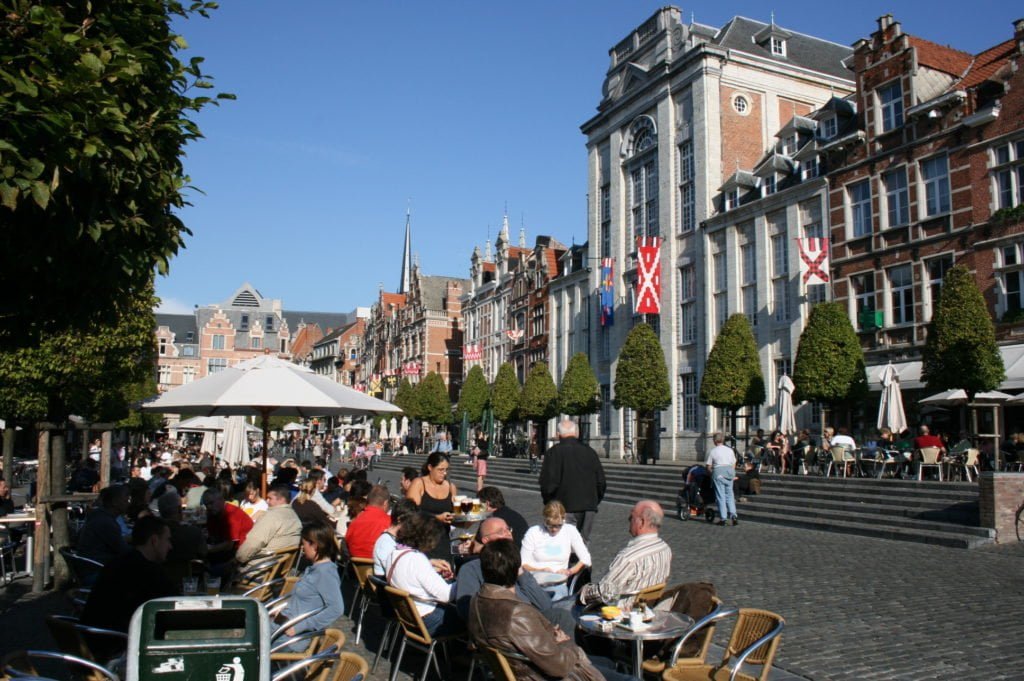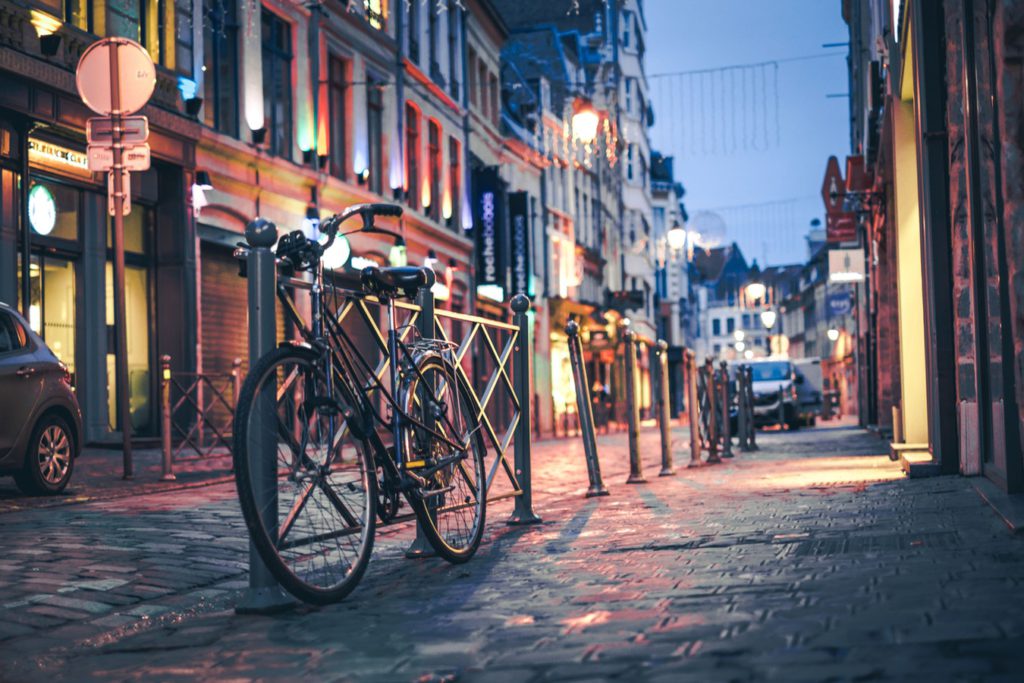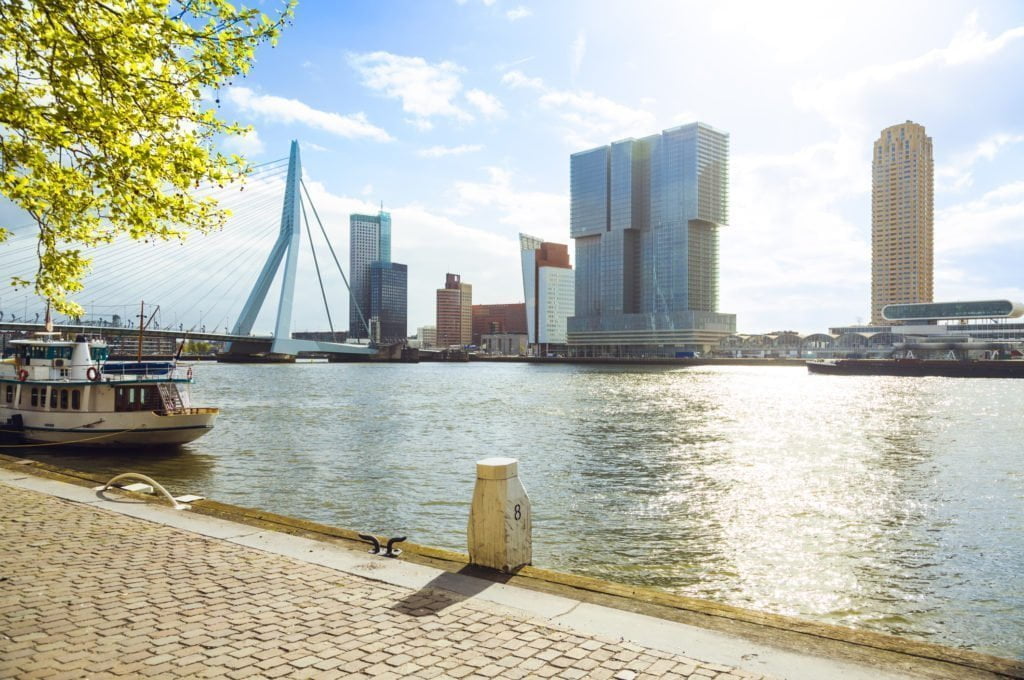EPA-Polis-CROW parking workshop: presentations now available!
Peter Martens opened on behalf of the European Parking Association. He emphasized the human irrationality that should be taken into account in parking policy and gave the nuance that whenever you engage in monitoring and evaluation, the measurement does not provide the full picture: be aware of taking conclusions purely based on numbers.
Wilma Slinger started with presenting the toolbox that CROW established. Think about your audience, context, etc. before taking action was also a key message in her story.
Roel Stessens from Leuven gave an overview of the integrated approach in Leuven. Space for the cyclist and pedestrian is the starting point and that has its consequences for parking. Several measures came about: close cooperation with the neighbourhoods is one of them. The first evaluation results (including air quality) are promising!
In two rounds, people could then choose from two stories from the cities of Southend (GB), Lille (Fr), Zwolle and The Hague. Each story focused on a specific topic from the parking and behavior toolbox: digital, social, marketing, physical and regulatory. Lille and the region around it has a complicated administrative structure (more than 90 mayors ...). There is a SUMP but it is not mandatory for the municipalities. To carry out an unambiguously coherent parking policy is quite challenging. Olivier Asselin addressed the issue of harmonised parking standards on the basis of quality and availability of public transport. Paul Mathieson of Southend focused on the digital context with developments to a "smart city". He presented the local challenge of parking in an attractive coastal town. The city is in transition towards a integrated ITS for parking and traffic.
Syb Tjepkema presented the practice in Zwolle, which is developed extensively in consultation with citizens and entrepreneurs. In Zwolle, 66% of the people bicycle. Various actions were presented, either successful (early bird program for 11 hours free parking) or less successful (discount vouchers in hospitality and retail). A project in the Assendorp district that has just begun shows that residents are willing to park their car a little further. The Hague gave an insight into the parking and traffic management direction Scheveningen and various marketing activities around. The final discussion focused on the marketing aspect. Martje Hoofs of Q-park gave a brief introduction.


